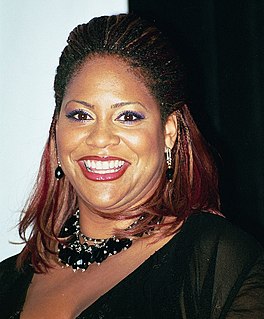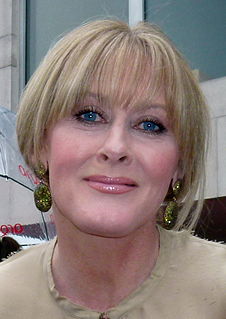A Quote by Susan Polis Schutz
Spreading the word about depression is my mission. I am working to build awareness, educate people about the symptoms, and change public opinion and individual attitudes about depression.
Related Quotes
People talk about physical fitness, but mental health is equally important. I see people suffering, and their families feel a sense of shame about it, which doesn't help. One needs support and understanding. I am now working on an initiative to create awareness about anxiety and depression and help people.
There are many misconceptions about depression-mostly negative. Unfortunately, because depressed people think negatively about depression and its treatment, they don't get help, which allows the depression to worsen, which leads to more negative thinking, which produces a vicious cycle of suffering.
Open the GIFTS actually came out of this quest. I ended up going into a pretty deep depression that people don't know about, and now I'm talking about it. I was too focused on, If I'm not working, who am I? Why am I not doing that thing that I want to do the most? Why am I not successful in this moment?
This story ["The Depressed Person"] was the most painful thing I ever wrote. It's about narcissism, which is a part of depression. The character has traits of myself. I really lost friends while writing on that story, I became ugly and unhappy and just yelled at people. The cruel thing with depression is that it's such a self-centered illness - Dostoevsky shows that pretty good in his "Notes from Underground". The depression is painful, you're sapped/consumed by yourself; the worse the depression, the more you just think about yourself and the stranger and repellent you appear to others.
Manic depression is a type of depression, technically, and it's the opposite of uni-polar. Manic depression is also called bi-polar disorder. Some people don't like to call it that because they think it makes it sound too nice, when the reality is if you have manic-depression you have manic-depression.
Hollywood is the perfect conduit for the urgent message about climate change. We raise awareness all the time. We routinely take a film that nobody knows about and get 80 percent of the public to know about it in just 30 days. That's called marketing. We need to harvest Hollywood for climate change awareness.






































